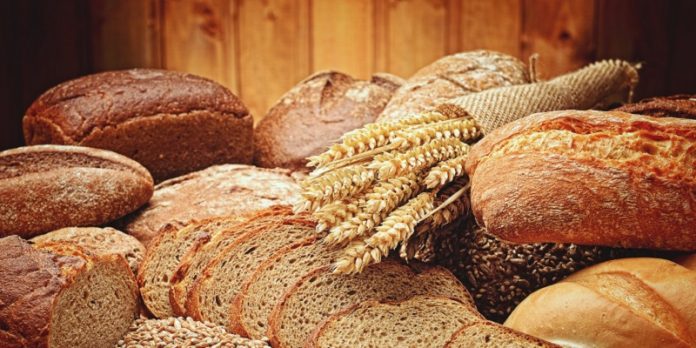The lack of fortification in gluten free food may increase the risk of micronutrient deficiencies for consumers who depend on these products, a new study warns.
A survey of nutritional information for gluten free products available in major UK supermarkets highlights the absence of important micronutrients compared to products made with white wheat flour.
The study calls for existing UK micronutrients fortification legislation to be extended to include all gluten free products and an increased regulation of the nutritional content of gluten free foods.
Bread and Flour Regulations, set in 1998, require UK manufacturers to fortify bread flours with the micronutrients calcium, iron, niacin and thiamine, to prevent deficiencies in the population. Currently, gluten free flours and bread are exempt from these regulations.
Dr Caroline Orfila, study co-author and Associate Professor of Nutrition at the University of Leeds, said: “We reviewed nutrient information for 49 gluten free breads and only five per cent of the breads were fortified with all four of the mandatory nutrients found in products made with white wheat flour.”
“Additionally, we found that not only were the gluten free items far more expensive but were also much higher in fat and fibre and lower in protein than the standard equivalents.
“Despite some improvements in the last decade to increase the amount of gluten free food in supermarkets, nutritional value, expense, and accessibility remain significant obstacles for consumers dependent on these products for serious health reasons. Gluten free foods need to have the same nutritional standard and be as readily available as the white wheat flour equivalents.”
The study, published in the journal Nutrients, emphasises how the absence of wheat products in the diet can result in nutrient deficiencies particularly for people diagnosed with coeliac disease.
When consumed, food with gluten proteins can cause severe intestinal damage for patients with coeliac disease. Currently no direct substitute for gluten is available and the collection of storage proteins that make up gluten is found in almost all major cereals such as wheat, barley and rye. These cereals comprise the main components of many common UK foods including bread and pasta.







